A question often asked by our clients is whether they have to undergo treatment recommended to them by a doctor. Medical decisions are, of course, a personal choice that must be made in consultation with your medical professionals.
Whilst no one can force you to undergo treatment, as a claimant in a personal injury case you have an obligation to mitigate your loss and damage. This duty arises from the doctrine of mitigation of damage. It means that you must take steps to do all that you can to reduce the loss and damage suffered from the incident.
Potential Implications
The potential implications of not undergoing treatment can be as follows:
01. Your claim being rejected – If there is a dispute as to whether your injury occurred in the circumstances you say it did, a contemporaneous record of injury in medical notes can be crucial. The absence of any report of injury to any medical practitioner, or treatment for such injury can make it harder to prove that the injury occurred.
02. Your claim for compensation being delayed – The law requires that your condition have “stabilised” before making any claims for compensation. This means that there is no further treatment that will significantly improve your condition. Claims for compensation will invariably be suspended if your condition is not considered stable.
03. Your injury not being regarded as “serious”– A claim for common law damages under WorkCover and TAC is initiated by making an application for a Serious Injury Certificate. When lawyers for WorkCover or the TAC assess these applications, one of the factors that are considered is the frequency with which the individual is reporting their symptoms and how it is impacting them. An absence of treatment can be taken as suggestive of your injury not being significant or marked.
04. Entitlement to damages –The amount of compensation you can be awarded for your pain and suffering is not a fixed figure. One consideration to be taken into account when determining the amount of compensation to be awarded to you is the nature and frequency of the treatment that you have undergone. If you are not regularly undergoing treatment, this can be indicative of your injury not causing significant pain and suffering consequences.
Are there any exceptions?
There are some exceptions to not undergoing treatment. These can include:
01. Surgical intervention – In certain cases, an orthopaedic surgeon may propose that you undergo surgery. However, surgeries carry risks and therefore you should not be criticised for declining to undergo the surgery. The High Court case of Fazlic v Milingimbi Community Inc, considered the Plaintiff’s refusal to undergo a recommended back surgery because of his fear of operations. The Court found that his refusal was not unreasonable, particularly given nothing was said to dispel his fears.
02. Treatment that is not evidence-based – There are certain forms of treatment that are presently not “evidence based” or “science based”. These alternative forms of medicine include naturopathy, acupuncture and ayurvedic treatment. Similarly, there search surrounding the use of medicinal cannabis to treat psychiatric conditions appears to be evolving.
03. COVID – During the pandemic and associated lockdowns there was significant disruption to surgical and allied health treatment. Many forms of treatment could not be performed via telehealth or video appointments. An absence of treatment can be justified for these reasons.
We always recommend that you follow your doctor’s advice when it comes to treatment. If you require legal advice about your obligations, rights and entitlements, please contact us on 0488 722 444 or 1800 853 085.











